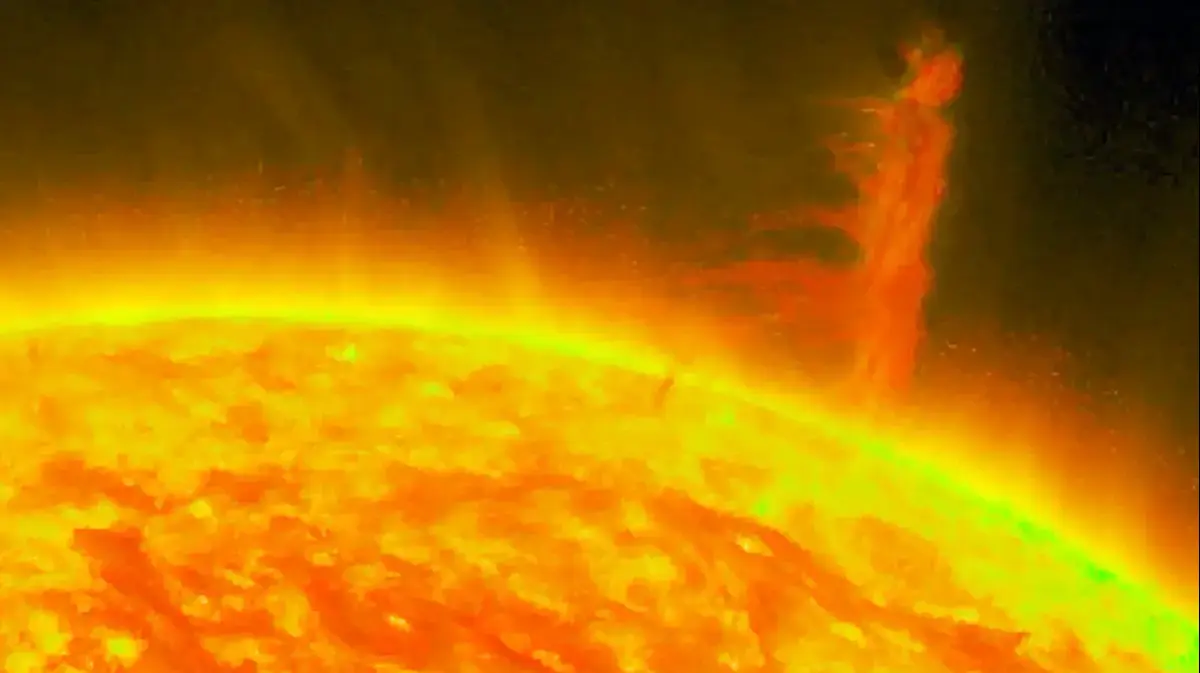The Japanese space agency will attempt to launch solar energy to Earth (Photo: Image courtesy of Kyoto University)
The Japanese space agency JAXA has spent years trying to launch solar energy from space. In 2015, the Japanese agency had a breakthrough, when its scientists were able to transmit 1.8 kilowatts (about the energy consumed by an electric kettle) over a distance of 50 meters wirelessly. Now they are announcing another big step forward. According to a report by Japan's Nikkei economic news service, a government-private partnership will try to transfer solar energy from space to Earth by 2025.
The project, headed by Nakui Shinohara, a professor at Kyoto University who has been working in the field since 2009, will try to deploy a battery of tiny satellites in orbit, which will inhale the solar energy accumulated in arrays of solar panels in space to the ground, to receiving stations hundreds of kilometers away.
The idea of transferring solar energy in microwave waves is not new. It was first proposed theoretically in 1968.
This is what a year on the surface of the Sun (NASA) looks like
Since then, several countries have been trying to make the idea a reality. This is an exciting field, since it is an inexhaustible source of renewable energy and the ability to collect arrays found in space is not limited to daylight hours like solar panels on Earth.
Even if the Japanese project succeeds, building a system in space that can transport a single gigawatt, equivalent to the output of one nuclear reactor, will cost about seven billion dollars in the existing materials technologies at our disposal, and is currently simply not economically viable.
- technology
Tags
- Japan
- sun

